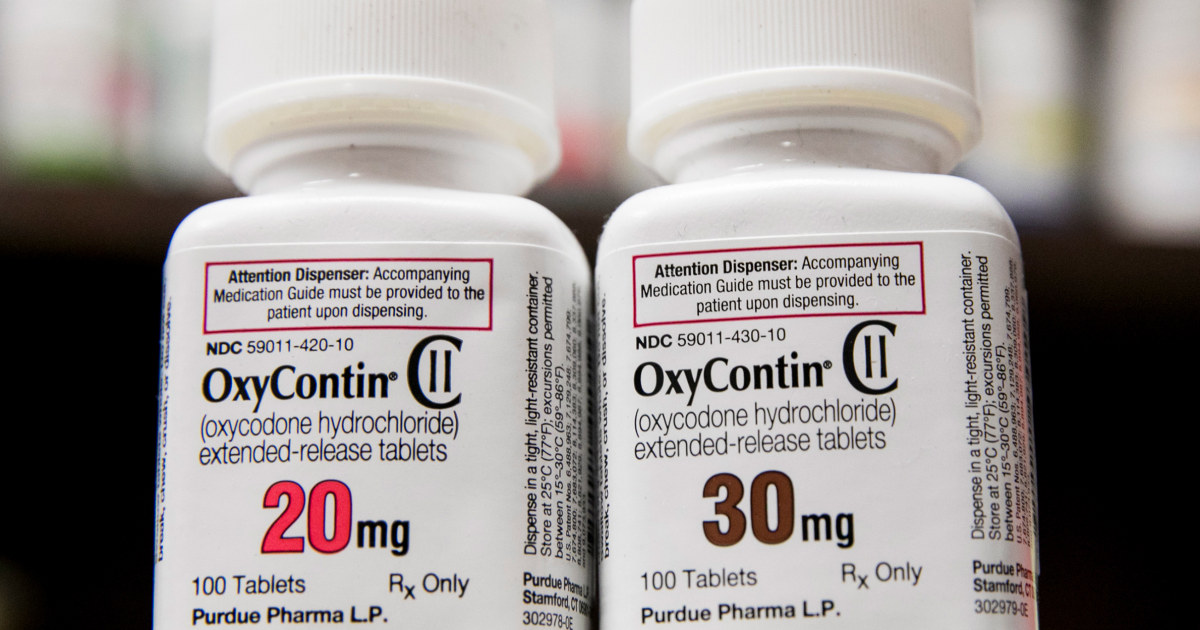The Supreme Court has ruled on the multibillion-dollar bankruptcy plan for OxyContin maker Purdue Pharma, ruling against the deal in a 5-4 decision, over a dissent by Justice Brett Kavanaugh that said it “is wrong on the law and devastating for more than 100,000 opioid victims and their families.”
The deal was controversial because it would release Sackler family members, who own the company, from future liability related to the opioid crisis, which was fueled in part by Purdue’s pharmaceutical drug-pushing. The Sacklers agreed to pay about $6 billion to settle claims without having to file for bankruptcy themselves. The justices had put the deal on hold to decide the case, which raised issues over whether bankruptcy law allows this sort of arrangement.
In its watchdog role as U.S. trustee, the federal government opposed the plan, which it said “permits the Sacklers, who would otherwise face claims alleging damages in the trillions, to obtain full repose while keeping billions of dollars that they siphoned from Purdue in the years before these Chapter 11 proceedings.”
Notably, a group that includes victims who would benefit from the settlement said the justices should allow it, writing that those most harmed “have no love lost for the Sacklers” but still have “made the considered choice to support the Plan as the only means of getting billions of dollars in life-changing and live-saving funds.”
Justice Elena Kagan’s comments at the December hearing spotlighted the conflict. “It’s overwhelming, the support for this deal, and among people who have no love for the Sacklers, among people who think that the Sacklers are pretty much the worst people on earth, they’ve negotiated a deal which they think is the best that they can get,” she said. Yet, the justice also wondered, “Why should they get the discharge that usually goes to a bankrupt person once they’ve put all their assets on the table without having put all their assets on the table?”
Subscribe to the Deadline: Legal Newsletter for weekly updates on the top legal stories, including news from the Supreme Court, the Donald Trump cases and more.


Leave a Reply